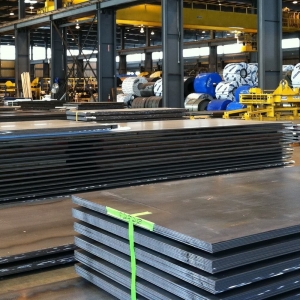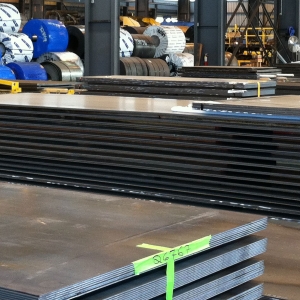Healthcare is an industry where every aspect of the facility needs to be well-maintained and safe for patients and staff. Recently, copper pipes have been gaining popularity as a piping solution for healthcare facilities. Copper is superior to other materials like plastic and stainless steel in terms of its performance and longevity. However, the primary reason behind the widespread adoption of copper pipes in healthcare is its antimicrobial properties. This blog will delve into the crucial role of medical copper pipes in healthcare facilities.
Medical copper pipes are known for mitigating the growth and spread of infectious microorganisms in the water supply. Healthcare facilities deal with a vast range of illnesses, and using copper pipes reduces the risk of waterborne diseases in patients with already compromised immune systems. Copper’s antimicrobial properties destroy bacteria, viruses, and fungi, making it ideal for hot and cold water delivery systems. By using copper pipes, healthcare facilities can significantly decrease the potential for cross-contamination among patients and staff.
Copper pipes have a long lifespan, reducing the need for frequent replacements or repairs. Copper is durable, can withstand high pressure, and is resistant to corrosion and wear and tear. In healthcare facilities, copper pipes are used in high-pressure systems like oxygen delivery and emergency backup systems. Copper pipes also have lower leakage levels than other piping materials, which is another reason why they are preferred in healthcare facilities.
Copper pipes are lightweight, making them easier to install during construction or when replacing old ones. The installation process for copper pipes is also straightforward and can be completed in a shorter timeframe than other materials. This can be highly beneficial in healthcare facilities where plumbing or water supply disruptions can be detrimental.
In addition to their safety, durability, and ease of installation benefits, copper medical pipes also contribute to conservation efforts. Copper is recyclable and can be repurposed for other uses, reducing the environmental impact of healthcare facility operations.
Conclusion:
In conclusion, copper pipes are vital in maintaining safety and cleanliness in healthcare facilities. Using copper in piping systems reduces the risk of cross-contamination and waterborne diseases, protects patients and staff, and ensures a reliable water supply. The durability, ease of installation, and recyclability of copper pipes make them a sustainable long-term solution. In healthcare, where safety and quality of care are paramount, the adoption of copper pipes is a decision that can significantly impact patient outcomes.


